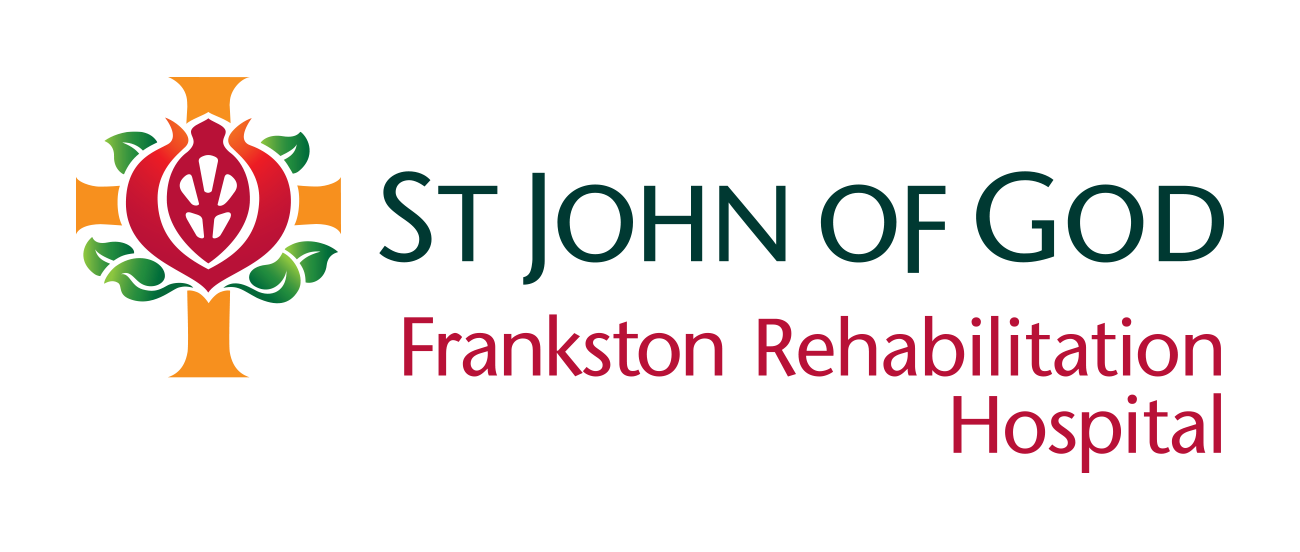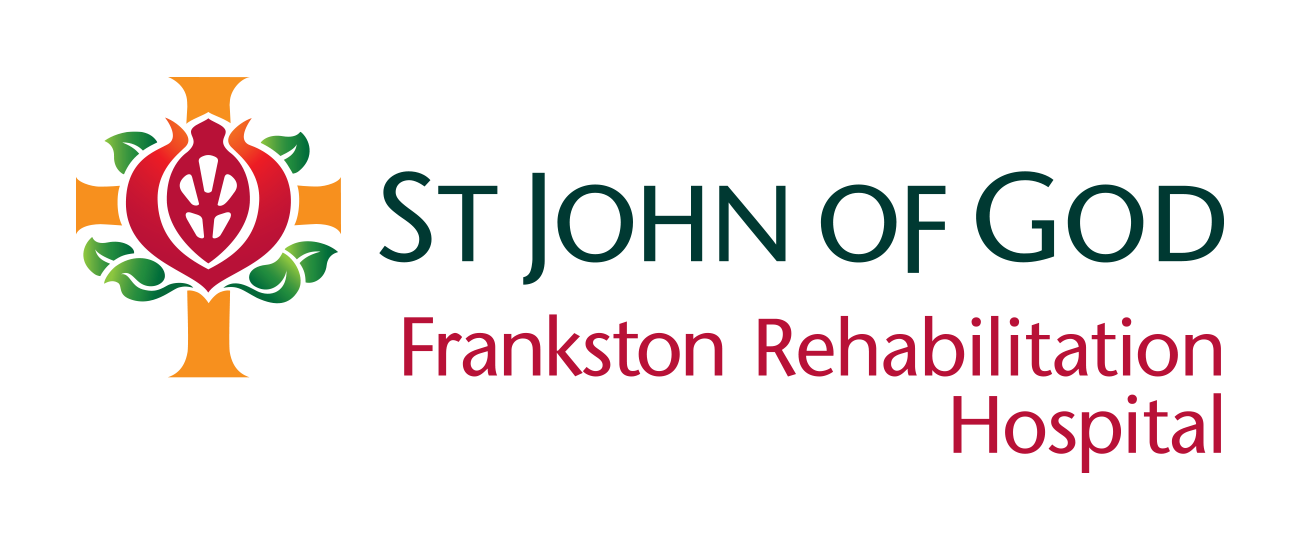Women's Health Week: prioritising pelvic health
7 Sep 2021

Why is pelvic health important? Because more than 20,000 women have to undergo pelvic floor surgical procedures each year … and we can help women avoid it, or help them through it.
St John of God Frankston Rehabilitation Hospital’s Active Health and Wellbeing program
This program has been designed to help people handle their sports injuries, ongoing management of chronic conditions and overall wellbeing.
With access to physiotherapy, hydrotherapy, occupational therapy, speech therapy and dietetics services, patients can access the expertise of health professionals without the need to get a referral from their GP. In particular, it has two physiotherapists expertly trained in pelvic health.
St John of God Frankston Rehabilitation Hospital physiotherapist Giselle Sharples says “we can help everyone, men included. But as far as Women’s Health Week and prioritising women’s health is concerned, we have trained professionals who specialise in bladder, bowel, prolapse, sexual dysfunction, chronic pelvic pain, pre- and postnatal care, pelvic musculoskeletal issues, women-specific issues such as menopause, polycystic ovary syndrome, endometriosis etc – basically anything in the pelvic region.”
Pelvic health affects quality of life significantly and although women make up 80 per cent of people affected by conditions, such as urinary incontinence, pelvic health issues are still a sensitive topic to broach.
“A lot of issues are still taboo and women can be uncomfortable speaking about them or asking for help,” explains Giselle. “Pelvic health issues impact a lot of women and while this makes it common, it’s far from normal.”
“The great thing about our Active Health and Wellbeing program is that pelvic health physiotherapy is accessible to every woman (and man). All you need to do is call to make an appointment,” says Giselle, adding that “you can even get appointments the same day at times.”
While the program doesn’t only treat pelvic floor issues, the pelvic health physios are available Tuesdays and Fridays, with musculoskeletal and neuro physios available on the other days of the week. “Initial appointments go for one hour and can be accessed through private health insurance, an EPC (enhanced primary care) plan from a GP, NDIS cover or can be patient-funded.
“There are a lot of pelvic health issues that our physios can improve or prevent,” offers Giselle. “We’re here to help women live their best life. Just give us a call, we can help.”
While many pelvic health issues can be treated through a variety of non-invasive techniques, prolapses and urinary incontinence are often treated through surgery.
Dr Natharnia Young is a urogynaecologist at St John of God Berwick Hospital who specialises in helping women regain their pelvic health and improve their quality of life.
“I deal with a lot of women with prolapse and urinary incontinence issues who need surgery to correct their pelvic problems,” says Natharnia. “Usually my patients have seen a physio first but unfortunately haven’t seen enough improvement so their next step is to see me.”
With one in four adults experiencing incontinence and 70 per cent of them not seeking advice and treatment for their problem – that’s a lot of people St John of God can help.
Natharnia explains that there are two types of urinary incontinence – stress, which occurs through laughing, running, jumping etc. and overactive bladders which usually means a patient feels the urge to urinate but can’t get to the toilet in time. Natharnia can provide a solution to this problem if you are bothered by incontinence and it affects your lifestyle.
Top tips for good pelvic floor health
For mild urgency and urge incontinence, Natharnia recommends that, “we should practice good bladder habits by balancing our intake of fluids, especially tea and coffee. Both are bladder irritants and cause you to urinate more. The best way to combat this is to reduce your caffeine intake and only drink one to two cups a day.”
Drinking too much water can also exacerbate the problem.
“We have a sippy-cup habit where we see people walking around with drink bottles full of water believing that drinking copious amounts is good for us. It’s not. Three to four litres of water a day is way too much, we should aim for one and a half to two litres instead.”
Natharnia also recommends incorporating regular pelvic floor exercises into each day to help strengthen pelvic muscles.
“We should be aiming to do 10 sets twice a day by squeezing and holding the muscle for five to 10 seconds at a time.”
It’s also helpful to know some of the early signs of pelvic floor issues.
“If you feel a lump, bulge, or heaviness in your vagina or have difficulty emptying your bowels, go and see your GP. This is not something you have to live with,” says Natharnia. “If you are having recurrent urinary infections this can also be a sign of prolapse because an infection can occur when the bladder is not emptying fully.”
Along with the Active Health and Wellbeing program, Natharnia says there are other non-surgical options available.
“If simple measures of dietary changes and pelvic floor exercises do not resolve your problem there are medications to aid urgency and urge incontinence, as well as acupuncture devices. If you have stress urinary incontinence - leakage with cough and sneeze and exercise, a simple non-surgical treatment option such as using a tampon or a continence pessary (a silicon device that can be inserted into the vagina) exist.”
Giselle agrees, “nobody has to suffer through pelvic issues. There are lots of options available to help and the services at St John of God hospitals are a great place to start.”
How to access a pelvic floor physiotherapist
If you’d like to find out more about St John of God Frankston Rehabilitation Hospital's Active Health and Wellbeing program or to make an appointment call 9788 3331.
You may be interested in

